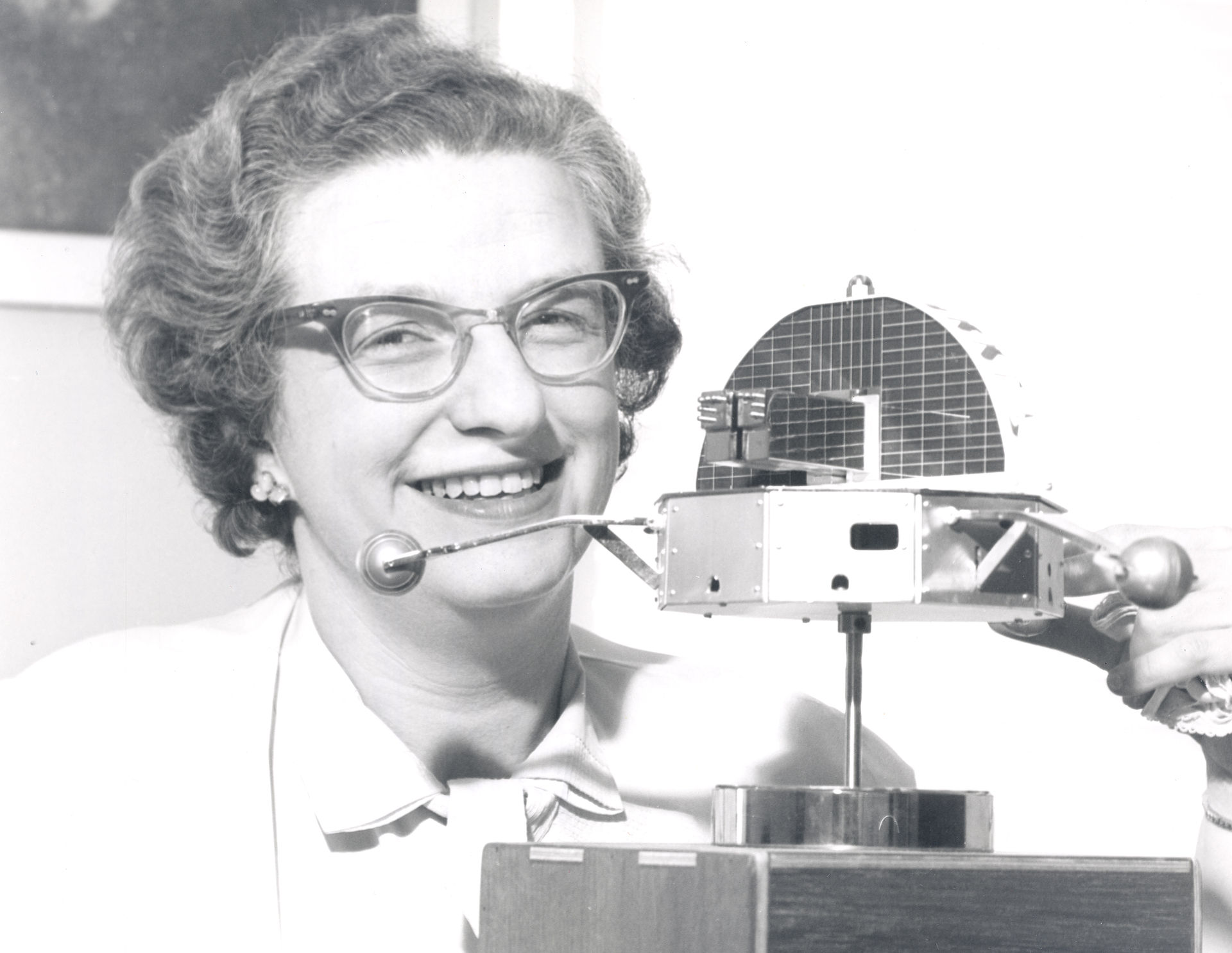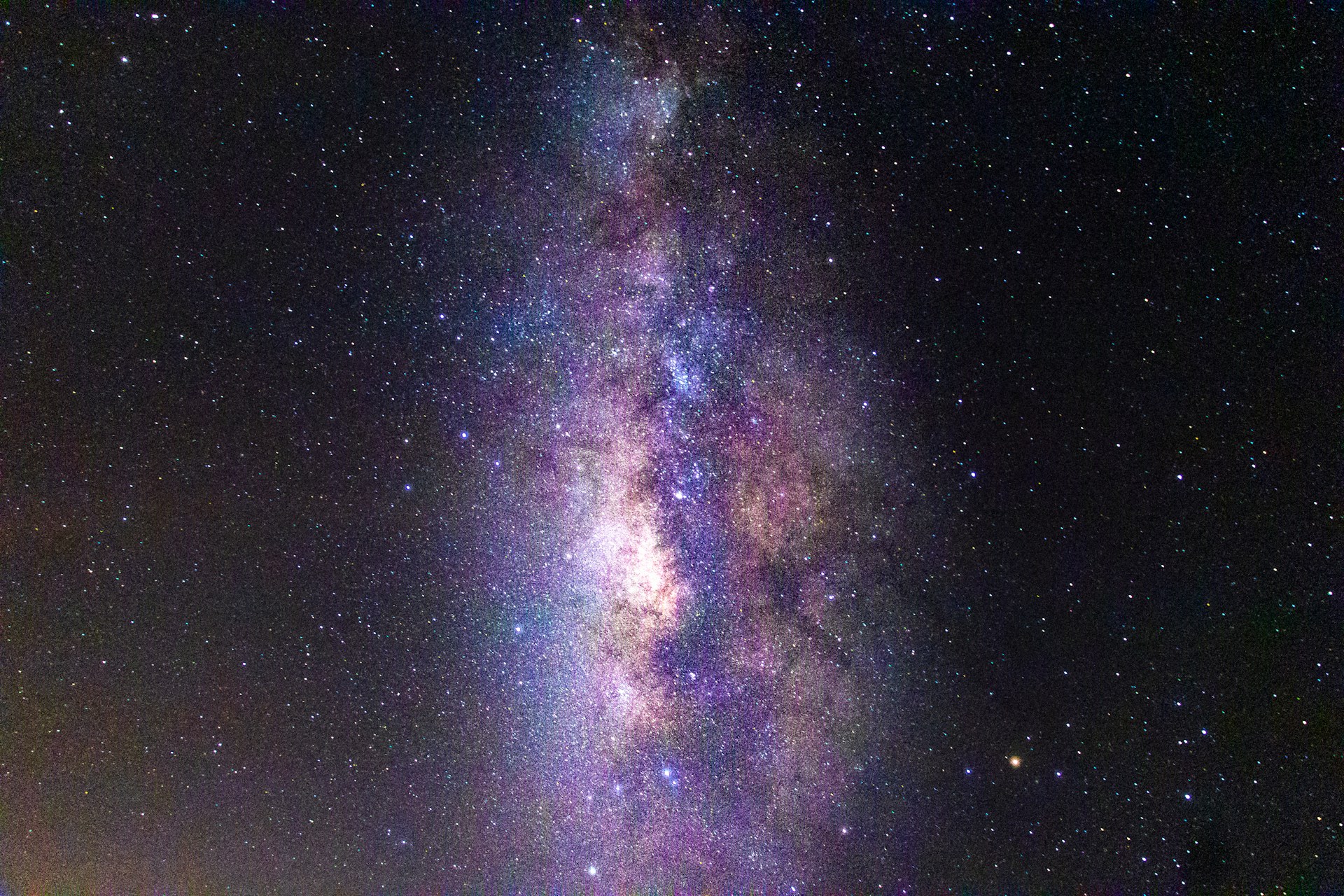By Amity Roberts
Photograph: Nasa Archive/Alamy
Nancy Roman, a boundary-breaking astronomer known as the ‘Mother of the Hubble’, died aged 93 on December 25th, 2018. Roman was NASA’s first Chief of Astronomy and supervised the planning and development of the Hubble Space Telescope that would change the way we see the universe.
Roman was born in Nashville, Tennessee and developed an interest in the natural world as a child. Her interests expanded to include astronomy when her family moved to a part of Nevada with low enough levels of light pollution to allow for star gazing. Here, at the age of 11, she was captivated by the stars and was determined to become an astronomer. This goal proved difficult during school, as she was faced with the assumption that only men become scientists. However, she remained determined and graduated with a degree in astronomy in 1946.
Three years later, Roman earned a PhD in astronomy from the University of Chicago, but she continued to struggle as a woman in science. It was at NASA in 1959 that she finally felt treated equally to men. Roman was the first woman to hold an executive position at NASA, joining just six months after the agency was established in 1958. She was instrumental in obtaining early funding for the Hubble by relentlessly pitching the project. She travelled across the US, meeting with astronomers and engineers to come up with an instrument that best suited their ambitions.
In 1990, eleven years after Roman retired, the $1.5 billion telescope was deployed by astronauts aboard the space shuttle Discovery. It was a painstaking process, but it ultimately resulted in the deployment of the first major optical telescope to operate in space.
Roman budgeted and developed numerous smaller space observations, but it is the Hubble project that she is most remembered for. Following her career at NASA, Roman became a consultant and a champion of fellow women in science. Roman remains an inspiration to women in science and her legacy will be remembered for generations to come.





